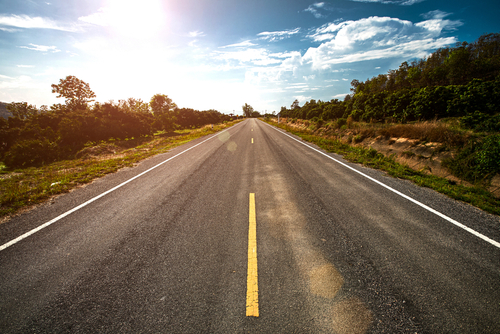
Americans will take an estimated 700 million trips this summer, AAA says, a decrease of nearly 15 percent compared to July through September of last year.
Looking at economic indicators and state re-openings, the travel organization said this year will be the first decline in summer travel since 2009. According to their booking trends, the organization says Americans will be traveling, though more cautiously and more spontaneously.
“Americans will get out and explore this summer though they’re taking a ‘wait and see approach’ when it comes to booking and are likely to book more long weekend getaways than extended vacations,” said Paula Twidale, AAA’s senior vice president of Travel. “When they do venture out, travelers will take to the road with 683 million car trips to satisfy their wanderlust.”
The organization found that most Americans would be traveling by car, but that it would be down by 3.3 percent. Air travel, the organization estimates, will be down by 74 percent while travel by rail, cruise ships, and bus would be down by 86 percent.
Had the pandemic not hit, the organization says, travel would be up 3.6 over the same period last year – a loss of nearly 150 million person trips this summer.
However, the organization says, experts are beginning to see an increase in hotel and rental car bookings since April, and air travel, while slow to rebound, is making some progress. The share of travelers making plans two to seven days before leaving on their trip is significantly higher than normal, AAA said.
When they are traveling, Americans are taking road trips – 97 percent of summer trips will be on the road. That is up from 87 percent over the last five years. Low gas prices, down to an average of $2.25 per gallon from an average of $2.66 per gallon last summer, is one of the things fueling the road trip trend.
This year’s top destinations are not places that draw huge crowds, the organization said. This year’s top five are Denver, Colo.; Las Vegas, Nev.; Los Angeles, Calif.; Seattle, Wash.; and Phoenix, Ariz. Cities like Myrtle Beach, S.C., and Orlando, Fla., dropped from their typical top five spots to seventh and eighth, respectively.